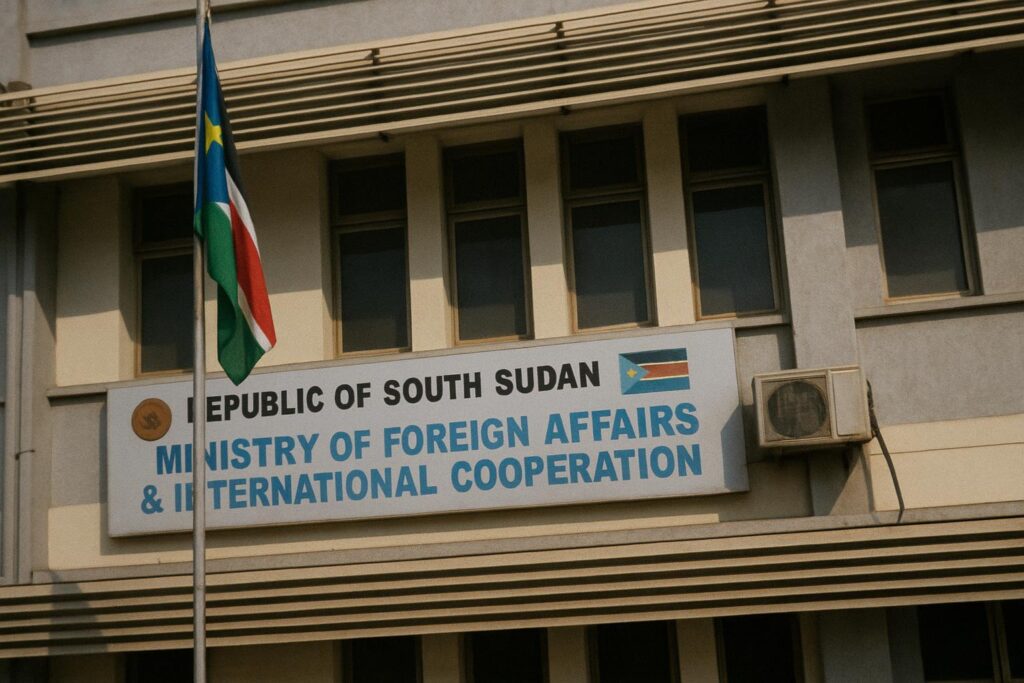Diplomatic Channels With Addis Ababa
South Sudan’s foreign ministry says it is finalising paperwork for the return of 27 young cattle herders detained at Muzan Prison in Addis Ababa. The group crossed from Eastern Equatoria into Ethiopian grazing land, reportedly armed, before being arrested by local security units.
Ministry spokesperson Ambassador Apuk Ayuel Mayen told journalists that the embassy in Addis Ababa is “negotiating modalities for their release and safe passage”. No timeline was provided, yet officials insist discussions follow established bilateral and regional legal frameworks that govern border incidents involving civilians.
Border Pastoralism and Arrests
Informal trans-boundary grazing is common along the porous frontier. Analysts say occasional arrests rarely escalate thanks to pre-existing memoranda on pastoral movement. “Dialogue has kept tempers low on both sides,” comments Juba-based security researcher James Lotole, noting recent calm among border communities.
Ethiopia’s federal constitution allows local courts to process arms-related offences. South Sudan expects clemency citing the herders’ unintentional entry and the non-lethal nature of the incident. Addis Ababa has not publicly commented, but diplomatic sources indicate a willingness to transfer custody swiftly.
Consular Outreach Beyond Ethiopia
The Muzan dossier coincides with broader consular work. On 5 July, eight people were flown home after deportation from the United States, including one South Sudanese citizen; a Mexican national continued to Mexico. Cases from Egypt and Libya are also under review, Apuk confirmed.
Juba stresses it will likewise return six foreign nationals currently in South Sudanese custody. “Our commitment is reciprocal and humane,” the spokesperson said, framing the policy as adherence to international law and a signal of constructive diplomacy in a region often tested by migration pressures.
High-Level Regional Engagement
President Salva Kiir recently attended the inauguration of the Grand Ethiopian Renaissance Dam, meeting Prime Minister Abiy Ahmed to discuss trade corridors, electricity inter-connectors and infrastructure finance. Observers suggest the high-level goodwill may hasten the prisoner release while deepening cooperation on cross-border security mechanisms.
Kiir also conferred with leaders from Kenya, Djibouti and Somalia, plus Caribbean guests, reinforcing South-South partnerships. Foreign ministry officials present describe a “renewed regional integration momentum” likely to translate into concrete deals in energy and logistics, areas critical to stabilising South Sudan’s post-conflict economy.
Quiet Negotiation, Lasting Impact
For the 27 detainees and their families the matter remains urgent, yet diplomatic signals are positive. With procedural hurdles shrinking, Juba hopes the youths will soon re-enter community life, providing a tangible example of how quiet negotiation can resolve sensitive border events without confrontation.


